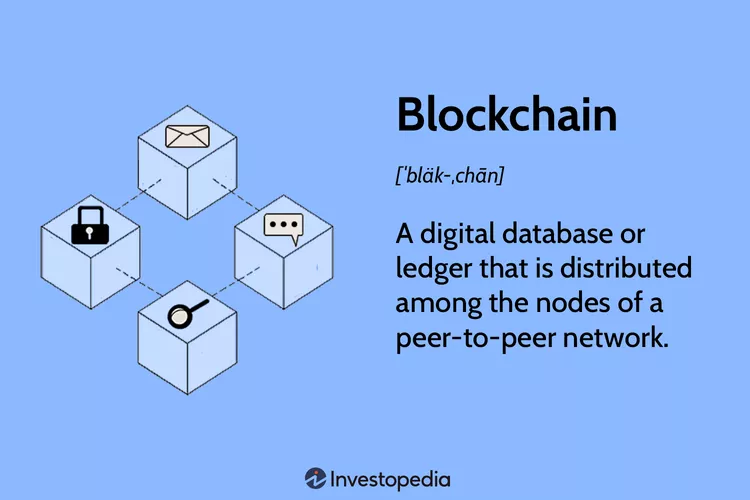In today’s data-driven world, integrating Business Intelligence (BI) with ERP systems is no longer optional—it’s essential. This powerful combination enables organizations to make faster, smarter, and more strategic decisions. For companies in the Middle East and beyond, like those served by Singleclic, this integration ensures better performance monitoring, forecasting, and competitive advantage.
🔗 Related reading: Performance Monitoring and Decision Support: Elevating Business Intelligence with Singleclic
What Does Integrating BI with ERP Systems Mean?
At its core, integrating BI with ERP means seamlessly connecting analytical tools with your enterprise’s core operational system. While ERP systems manage business functions like finance, HR, inventory, and supply chain, BI tools extract, visualize, and analyze that data to provide actionable insights.
Benefits of BI-ERP Integration
1. Real-Time Data Access
With BI connected directly to ERP, businesses can access real-time dashboards and reports. This removes the delays caused by manual data exports or third-party analysis.
2. Better Decision-Making
Executives and team leaders gain access to deep analytics and trend forecasting, empowering smarter decisions based on real-time metrics.
3. Enhanced Operational Efficiency
Identifying bottlenecks, inefficiencies, and cost drains becomes easier. BI tools highlight performance gaps that traditional ERP dashboards might overlook.
4. Custom Reporting
BI enables users to create custom KPIs, visual dashboards, and department-specific reports beyond standard ERP capabilities.
Singleclic’s Expertise in BI and ERP Integration
Since 2013, Singleclic has helped organizations across various industries in the Arab world digitally transform using smart, scalable, and cost-effective IT solutions.
🔹 ERP Services: Implementation, customization, and support of leading ERP platforms
🔹 BI Solutions: Custom dashboards, data visualization, predictive analytics
🔹 Integration: Building middleware to connect ERP databases with Power BI, Tableau, Qlik, and more
🔹 Support: Ongoing 24/7 technical support and performance optimization
📞 Egypt: +2 010 259 99225
📞 UAE: +971 42 475421
📞 Saudi Arabia: +966 58 1106563
🌐 Website: https://singleclic.com
Key Technologies Used
- Microsoft Power BI
- Tableau
- Odoo ERP
- SAP Business One
- Oracle NetSuite
These tools enable seamless data sync between ERP backends and BI frontends, delivering automated, real-time, multi-source analytics.
Challenges and Considerations
While integration is powerful, it requires careful planning:
- Data consistency and governance
- Security across BI and ERP layers
- Scalability for future growth
- Customization based on industry-specific workflows
Partnering with a company like Singleclic ensures these concerns are addressed with robust architectural planning and security standards.
People Also Ask (PAA)
What is BI in ERP?
BI in ERP refers to using analytics and reporting tools within or on top of ERP systems to convert raw data into business insights.
Can Power BI connect to ERP?
Yes. Power BI can connect to most modern ERP systems using APIs, ODBC, SQL connectors, or middleware solutions—a service offered by Singleclic.
Is BI an ERP system?
No. BI is a separate analytical layer. ERP handles operations, while BI handles analysis and decision support.
What is the primary goal of BI in ERP systems?
To provide data-driven visibility and insights that enhance strategic planning, forecasting, and operational efficiency.
Final Thoughts
Integrating BI with ERP systems is a game-changer. Companies that embrace this synergy can stay ahead of the curve by making smarter, faster decisions. Whether you’re looking to gain a 360-degree view of your operations or uncover hidden performance insights, Singleclic offers the technical expertise, regional understanding, and tailored solutions to make it happen.
📥 Ready to transform your ERP data into strategic insights?
👉 Get in touch with Singleclic today






